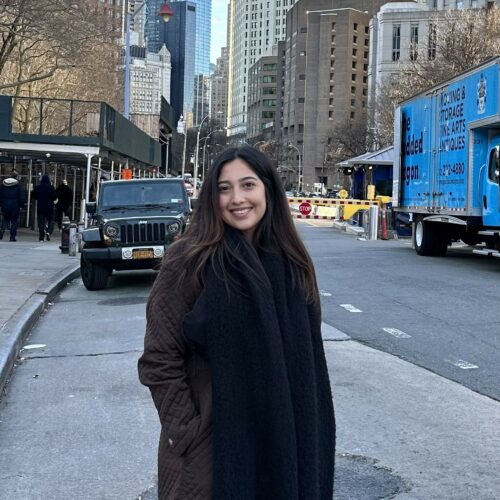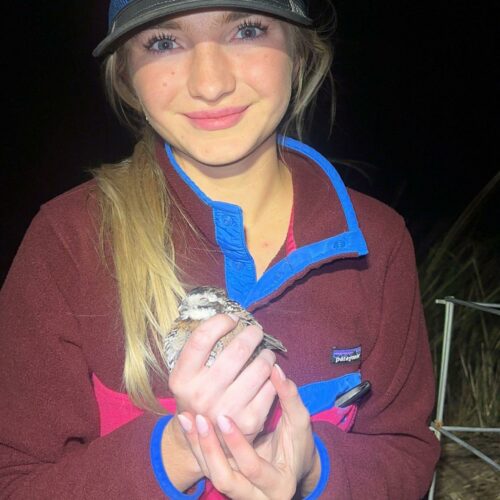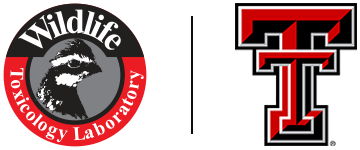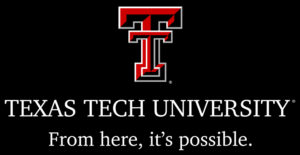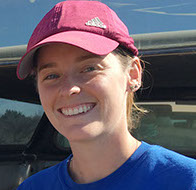
B.S. – Biology, Middle Tennessee State University, 2012
Prior to coming to Texas Tech University, I conducted research to study the effects of contaminants on snakes as an undergraduate, and then I worked as a fisheries observer in Alaska, as well as a research technician on several projects that studied turtles in Illinois. I recently graduated from TTU with a Ph.D. in Environmental Toxicology. My doctoral research focused on conducting studies required by the U.S. Food and Drug Administration to register a medicated feed to treat parasites in wild northern bobwhite. I also used molecular techniques to identify potential intermediate hosts of those parasites. For my post-doctoral research, I wish to continue studying the impacts parasites have on wild bobwhite.
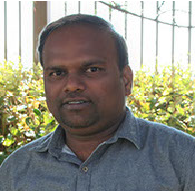
M.Sc. Biotechnology, Bharathidasan University, India 2003
B. Sc. Biochemistry, Periyar University, India 2001
I graduated with a Ph.D in Biotechnology from the University of Madras (Central Institute of Brackishwater Aquaculture-ICAR) in November 2011. My doctoral research has focused on identifying novel seafood allergens (Pen m 3.0101, Pen m 4.0101 & Pen m 6.0101) in black tiger shrimp Penaeus monodon. My previous research experience dealt with the molecular epidemiology of ticks and tick borne diseases, and epidemiological studies focusing on anthelmintic resistance in nematodes that affect ruminants. The objective was to identify potential recombinant vaccine candidates to combat parasite infections in ruminants. As a Post-Doctoral Research Investigator in the Wildlife Toxicology Laboratory, I wish to advance our understanding of the pathogenicity and life cycle of parasites in quail.
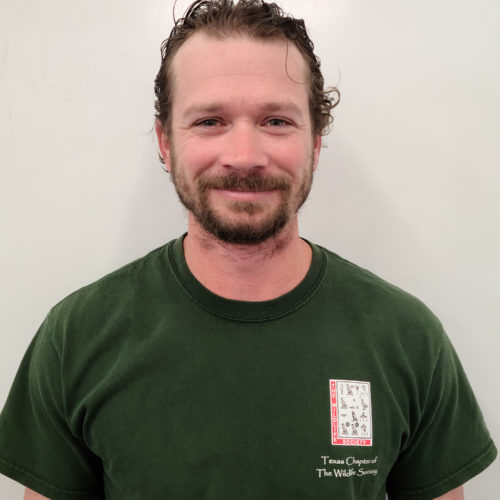
M.S. – Wildlife Ecology, Texas State University, 2019
My prior research experience focused on an introduced trematode that infects waterfowl. I surveyed waterfowl across much of Texas to determine prevalence and intensity while also describing the pathology associated with infection. I also conducted an experiment to better understand the behavior of one infective stage of the parasite. My research at TTU will focus on the impacts of parasites on Bobwhite Quail population in the Rolling Plains and will include developing a protocol that utilizes recent advances in DNA sequencing to monitor the endoparasite communities of wildlife.
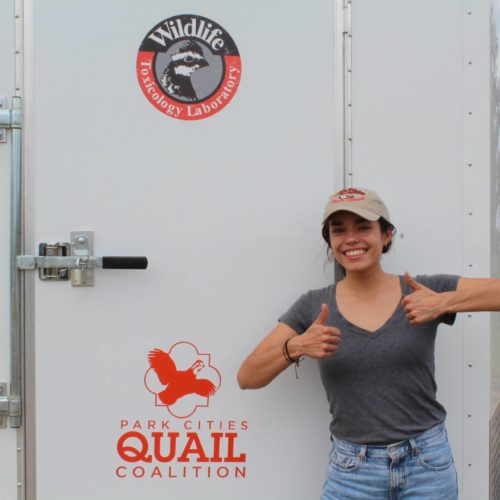
I completed my undergraduate degree in Zoological sciences, during which I was heavily involved in various wildlife research projects. My primary focus was on the Peaks of Otter Salamander, a threatened species endemic to only a few mountain peaks in central Virginia. However, my involvement in a project studying Batrachochytrium dendrobatidis in frogs and its sister fungus B. salamandrivorans in salamanders quickly piqued a profound interest in epidemiological research, which brought me here to The Wildlife Toxicology Laboratory. Over the course of my graduate studies, I plan on researching the effects of various environmental factors on the epidemiology of parasites found in Bobwhite Quail. Hopefully, this will give vital insight into mitigating these detrimental infections in order to help restore the populations of the iconic gamebird species.
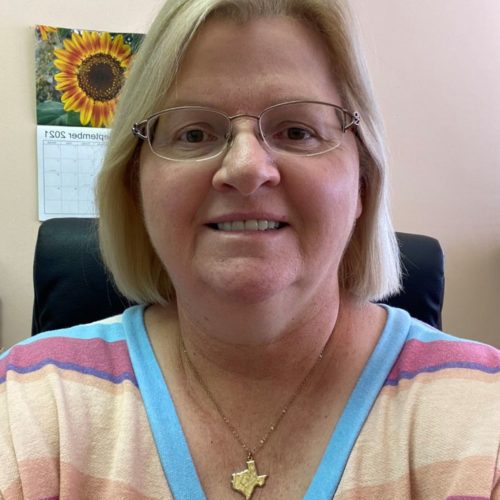
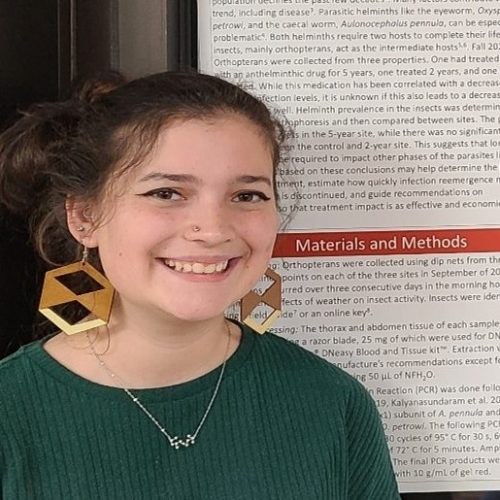
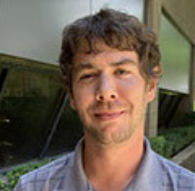
While completing my undergraduate degrees I worked in a neurobiology lab looking at the regenerative capabilities of South American electric fish. I looked after 2 -3 dozen fish of various species all of which had the ability to regrow large portions of their tales after they were removed. In the last year of my undergraduate studies I took part in a summer internship exploring the possibility of using cysteine dense proteins as a heat stable alternative to current snake antivenoms. These projects got me comfortable working with animals and taught me various laboratory techniques including microscopy and PCR. My work in the Wildlife Toxicology Laboratory here at TTU will focus on medicated feed treatment strategies.
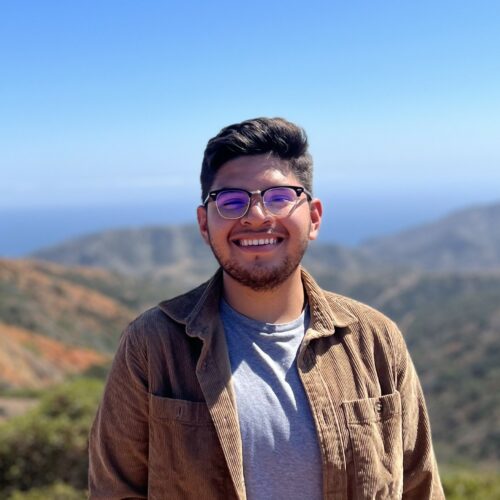
Prior to acceptance into Texas Tech University and joining the Wildlife Toxicology Laboratory, I conducted research to study fluvial dynamics of various creek systems and effects of eutrophication along an urbanized gradient in the south-central Texas region and effectiveness of a low cost phytoremediation for accelerated removal while increasing dissolved oxygen as an undergraduate, a week after graduating I worked in a non-profit environmental consulting company conducting various projects including: dendroecological research and flow analysis to establish relationships between flow conditions and riparian productivity within the Brazos, Guadalupe, and Trinity Rivers. Responsible for evaluating efficacy of environmental flow releases within Big Cypress and Little Cypress Bayous in Northeast Texas involving multiple habitats. I also am responsible for conducting remote sensing tasks evaluating Alligator Gar (Atractosteus spatula) in the South-Central Texas region and its decline in the past decade. I also conducted research along the California Region and the Channel Islands with a focus in understanding endemic species interactions and hydrogeological relationships with Eucalyptus trees. After these projects I decided to join the Texas Commission on Environmental Quality (TCEQ) as a Project Manager in the Superfund Section - Remediation Division to conduct investigations and removal actions of highly contaminated areas within the Texas Region while performing Site Discovery Assessments, Preliminary Action and Site Investigations (PASI), and completing Pre-Cercla's. My current research interests are eco-acoustics and bioinformatics with a focus towards application of reintroduction/conservation biology techniques to successfully restore the Texas Bobwhite Quail.
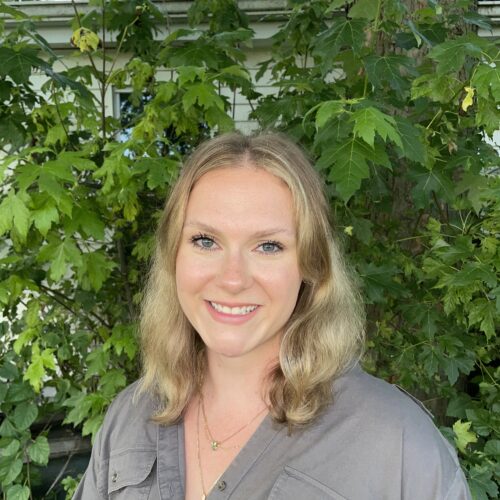
Throughout my time at Miami University, I began my research career by working in a physiology ecology lab and focusing my first year on ways to communicate research to non-scientific audiences. First, I was involved with investigating the PPARgamma fat storage pathway in the migratory catbird. I also assisted in research studying cold-induced cardiac hypertrophy in mice and prairie voles as model organisms, where I was able to represent my lab at the 2022 Ohio Physiology Society Conference. I fell in love with fieldwork, especially working with birds, at Miami which was a major force for me choosing to work with quail. I plan to use my computing skills and knowledge of songbirds to investigate how the same environmental conditions affecting quail are harming other species. Finally, I hope to raise awareness for wildlife toxicology by relating to interdisciplinary audiences and communicating the importance of the research being conducted in our lab.
